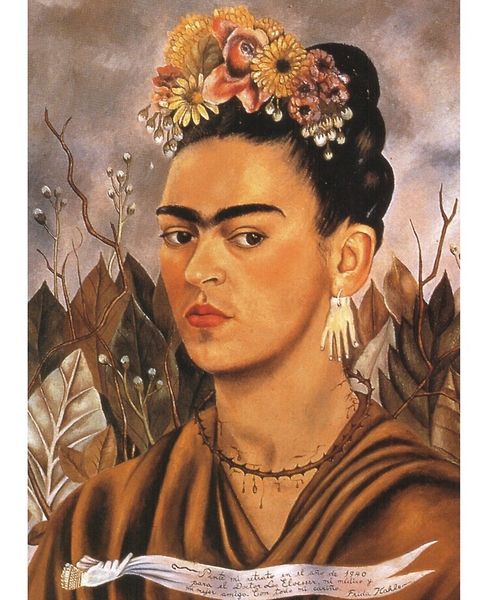Memoir is Not the Story of Your Life
By Alison Wearing
The funny thing about memoir is that it is not the story of your life.
It is true that memoir deals with and includes stories from the author’s life, but therein lies the distinction. For while autobiography charts the story of a life—born here, grew up thus, went off and did this, met so-and-so, accomplished x, travelled to y, etc.—memoir paints a story from a life. It aims not to describe a life, but to investigate an aspect of it and plumb the depths of that story, not just for content but for meaning.
Which does not mean autobiographies—or memoirs (with an ‘s’), as they are also known, particularly if you are famous— are meaningless! These can be wonderful documents, but they tend to be interesting for readers when one of three conditions are met:
- The author is famous and we are interested in ‘peeking behind the curtain’ of that person’s personal life. (Michelle Obama’s Becoming is a beautiful example. We care where she went to high school, not because it is inherently interesting to know where a person went to high school, but because we enjoy getting to know the high-school girl in South Chicago who became Michelle Obama.)
- The author is a family member or someone we already know. (I may be interested in knowing where my mother went to high school, but are you?)
- The author is not famous or someone we know, but she has lead such a jaw-droppingly adventuresome or otherwise extraordinary life that a reader would follow her off a cliff in pursuit of personal details. (Sadly, a challenging childhood or tragedy of another kind does not qualify as ‘extraordinary’-- but do not despair! Read on.)
We write autobiography to document what happened, but we write memoir to explore why what happened matters. The moment we do that, we embark on a quest for understanding and meaning, and our story becomes the vehicle for that journey, not the destination. When it is done well, memoir endeavours not to tell the reader about the author’s life, but to offer a profoundly unique vision of life that has been gained through the author’s examination and understanding of her experience.
And the only way to do that is to narrow the scope of our story, to dig deeply into one (yes one!) aspect of life, rather than to cover a large surface area.
Most people who set out to write memoir—including the person typing these words—try to cover too much ground. By the time we have lived long enough to be interested in writing about our lives, we have a wealth of potential material. We want to include it all. But the temptation to ‘write about my life’ is the very thing that brings most aspiring memoir writers to our knees because we simply cannot dig deeply over a wide expanse. It’s exhausting, for one thing. It’s hugely frustrating, for another. And ultimately, it’s heartbreaking. Because after we have amassed pages and pages of material that goes off in a dozen directions and has no centre of gravity, no organising principle, no point on its internal compass, and no idea what it is really trying to uncover, we usually give up.
I speak from experience.
So, step one: decide not to try to tell the whole thing.
Rather than chronicling every interesting trip you have ever taken, for instance, you might choose one journey that changed the way you saw the world or yourself within in. [Note: the material is the vehicle, not the destination.] Rather than writing about ‘a difficult childhood,’ you might choose to focus one aspect of it—one relationship, one period of time, one theme—and how you came to understand that same person or experience over time. [See previous note.]
Your CanLit News
Subscribe to Open Book’s newsletter to get local book events, literary content, writing tips, and more in your inbox
Whatever aspect of your story you choose, there needs to be a reason you are inviting a reader to revisit it with you—beyond just telling them what happened. Given the choice, would you go back and relive your childhood? So why are you asking a reader to do that? What will they gain from that experience? What will they learn or begin to wonder or question or see (besides the details of your life)? Or here’s another way of getting to the heart of the matter: what does your story give?
For at its best, memoir is generous. It is not an airing of grievances nor a catharsis (that’s what private journals are for) nor a breathless ‘pull up a chair and let me tell you all about my life…’ (which, just so you know, makes every sentient being look for the door). At its finest, memoir is an alchemy, an exacting craft, a quest for humility, compassion, transcendence, and meaning.
It is not the story of your life, but a transfiguring of life into art.
The views expressed in the Writer-in-Residence blogs are those held by the authors and do not necessarily reflect the views of Open Book.
Alison Wearing is the bestselling author of Confessions of a Fairy’s Daughter, an Indigo Top 50 pick shortlisted for the Edna Staebler Prize and longlisted for the RBC Taylor Prize, Honeymoon in Purdah: An Iranian Journey, and Moments of Glad Grace. Her online program, Memoir Writing, ink., guides people through the process of transforming personal stories into memoir.




